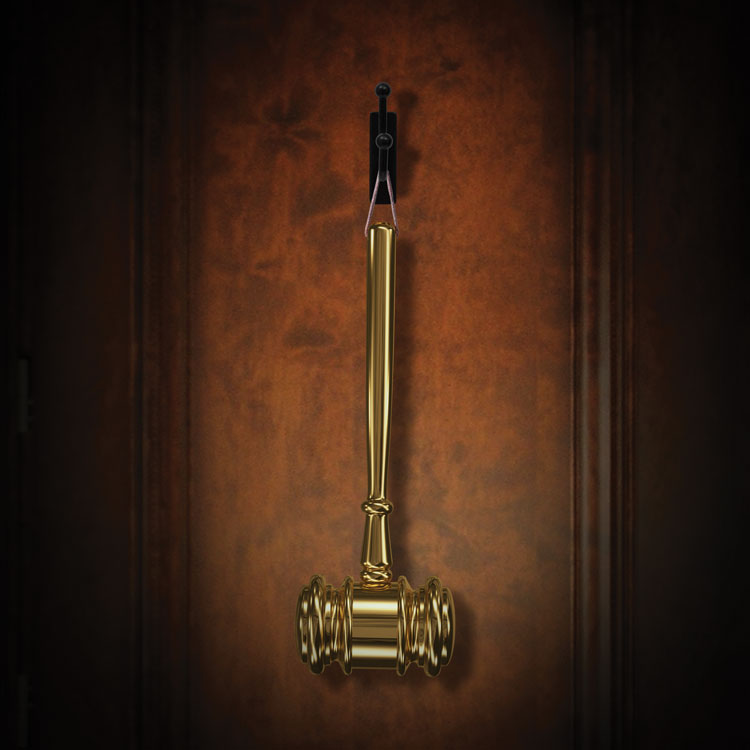Quinn Emanuel seeks fee amounting to $18,500 per hour; will judge approve it?

Image from Shutterstock.com.
Quinn Emanuel Urquhart & Sullivan is asking to be paid $185 million for representing insurers suing the federal government for compensation under the Affordable Care Act.
The fee is 5% of $3.7 billion the group of insurers will receive for running unprofitable health plans under the health care law, report Thomson Reuters Legal and Bloomberg Law. But the amount translates to a whopping hourly fee of about $18,500.
Quinn Emanuel says in its July 30 motion for fees that it told insurers in an opt-in notice that it would request up to 5% of the recovery.
“If approved, a 5% fee would represent one of the lowest percentage rates ever awarded to class counsel, even in cases with multibillion-dollar recoveries, such as this,” the motion said.
Translated into an hourly fee, $185 million represents a bonus of 18 to 19 times the law firm’s normal billable hourly rate. The firm said the amount is reasonable under a “lodestar cross-check” that involves calculating the product of lawyers’ hourly rate with the number of hours worked, then applying a risk multiplier to compensate for the risk of no or reduced recovery.
Quinn Emanuel said it was the first firm to file a lawsuit over the failed payments, and it took a substantial risk in pursuing the proposed class action. The U.S. Supreme Court endorsed Quinn Emanuel’s legal theory when it ruled in a different case that insurers should have been paid for their losses.
Quinn Emanuel’s class action was stayed pending resolution of individual insurance cases that were being resolved more quickly. But the firm says it submitted multiple amicus briefs in the litigation, and it “did not remain idle.”
Bloomberg Law spoke with Geoffrey Miller, a professor at the New York University School of Law, known for his research on contingent fees. Miller said Quinn Emanuel’s 5% request was reasonable, but when considered as an hourly bonus, a multiplier of 18 is “extraordinarily large.”
Miller said the same issue often plays out in cases with large awards. The fact that the insurers who opted into the case knew the fee could be as high as 5% is a factor in Quinn Emanuel’s favor, Miller said.
Herbert Kritzer, a professor at the University of Minnesota Law School, also spoke with Bloomberg Law. He said insurers that opted into the class action and litigation funders that purchased insurer claims are sophisticated businesses. Arguably, they don’t need the same kind of protection from large fees that unsophisticated consumers would need, he said.
In the end, the judge’s job will be to determine whether the fee is “a bargain or a rip-off,” Miller told Bloomberg Law. “Ultimately, the judge will decide based on his or her instinct.”
Write a letter to the editor, share a story tip or update, or report an error.


